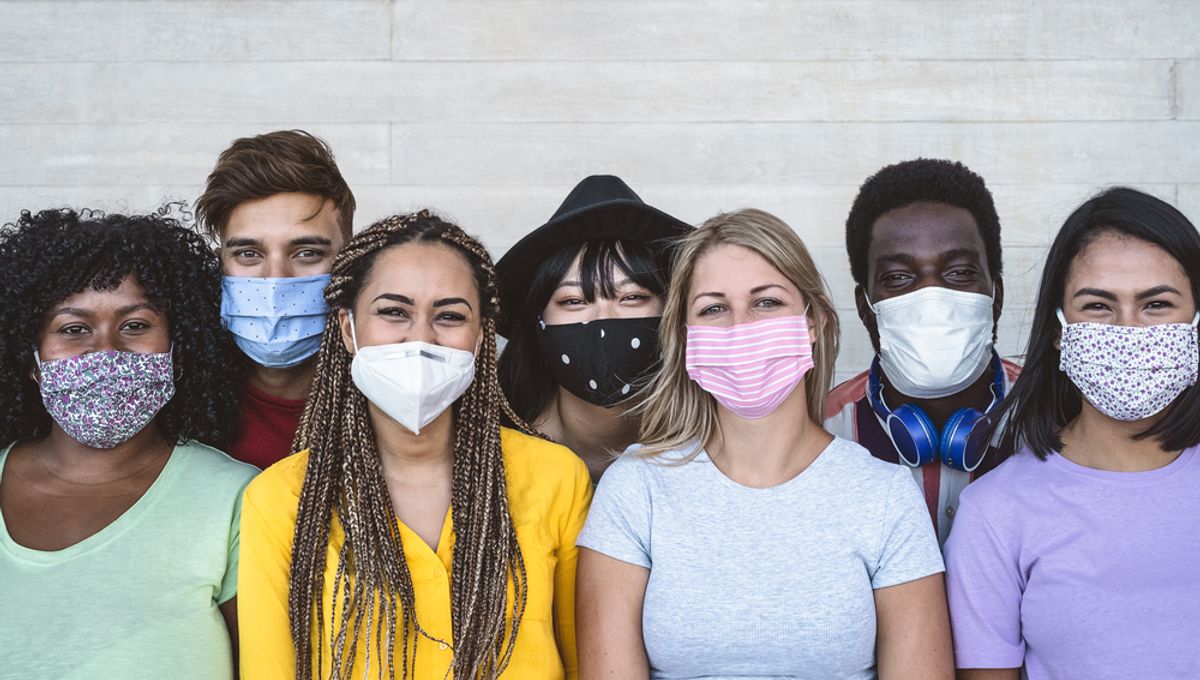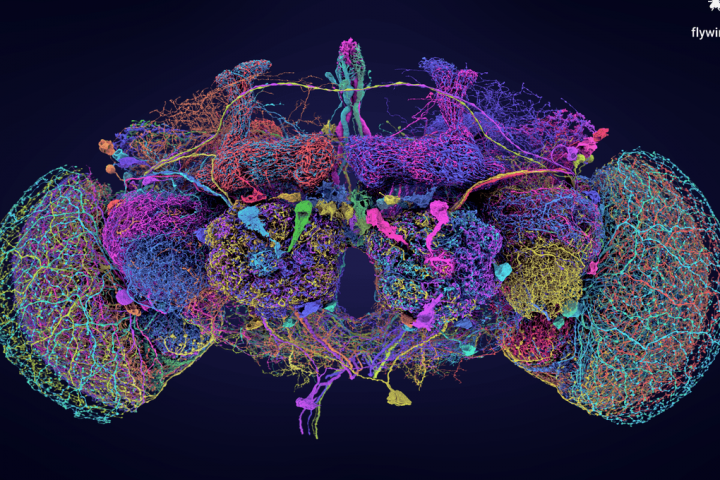COVID-19 continues to evolve, producing new variants that may be more successful at infecting people. While the idea of mutations can be scary, it’s important to note that it doesn’t always lead to serious problems.
BA.2.86 (nicknamed pirola) is one such new variant that has raised concerns among doctors and scientists. It has a high number of mutations in its spike protein, which is the key that allows the virus to enter our cells. Since vaccines target the spike protein, any changes in it could potentially affect the virus’s behavior.
However, we currently lack sufficient data to be certain about the impact of these mutations. The fear of a new wave of infections has led some to discuss the reintroduction of measures to control viral spread.
At the beginning of the pandemic, there was a debate about the effectiveness of face coverings in protecting against the virus. Initially, it was believed that public use of masks would not be effective.
Loud calls for face coverings
Government medical advisers in London and Edinburgh repeatedly stated this during press conferences, only for politicians to later change their advice. Now, whenever infection numbers rise, there are strong calls for people to wear face coverings again.
The issue of masks, or face coverings in general, often sparks more controversy than clarity. Claims about their effectiveness have been exaggerated, and there is insufficient evidence to prove their ineffectiveness.
The lack of comprehensive and well-designed studies further complicates the matter. Small study sizes or low adherence to mask-wearing can make it difficult to observe any significant effects.
Encouraging behavioral changes to reduce COVID-19 infections may come at a cost in terms of public confidence. During the pandemic, it seemed that people only took notice when they saw images of individuals struggling to breathe in hospitals. Without such urgency, compliance with mask-wearing could be poor, and enforcement may be weak or non-existent.
In the UK, face coverings were introduced as part of a larger package of measures that did not prevent subsequent waves of infections and lockdowns. Therefore, it is unlikely that masks alone, without other measures, would have a significant impact.
If masks were to be deployed as part of a multi-component set of infection control measures during a serious wave of respiratory infections, any failure to control the spread could undermine public compliance.
Currently, the chances of reintroducing significant multi-layered infection controls are extremely low. It would require a severe emergency similar to the height of the pandemic to even consider such measures before the upcoming general election in the UK.
BA.2.86 has spread globally, but the number of people it has infected remains unknown. However, it appears that vaccines and previous infections still provide protection against severe cases of COVID-19, as only a few individuals have been hospitalized.
Simon Clarke, Associate Professor in Cellular Microbiology, University of Reading
This article is republished from The Conversation under a Creative Commons license. Read the original article.








